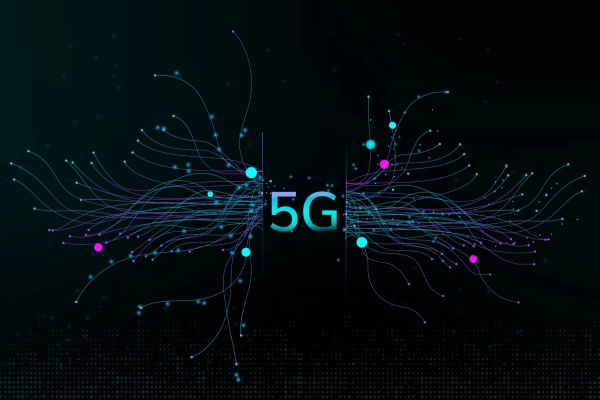Health Information on the Net: Bane or Boon?

In my previous communication, I emphasized on the necessity of ensuring health literacy, to help improve the knowledge empowerment of patients. The importance of prevention in healthcare no doubt is being highlighted. However, it is still not accepted that ensuring health literacy is a precursor to ensuring prevention.
India has made astronomical strides in promoting digital literacy. It is amazing to see women in villages, in their seventies nonchalantly displaying a QR code, when selling flowers for INR 10 and even helping a digitally challenged customer! A similar awareness needs to be created for eHealth literacy. The internet no doubt is the answer. Universally available, in multiple languages, this single, easy-to-access, largest source of health information can help a super specialty system in a national medical institute or a local language-speaking, octogenarian in rural India.
However, the internet is a double-edged weapon. Good and evil are two sides of the same coin. Like most approaches in life, a judicious enthusiasm needs to be displayed. The tables given below elaborate on the advantages, limitations, and precautions to be taken when surfing the internet for health information.
Dos & Don'ts of Accessing Health Information
Access to health information is not synonymous with understanding. The latter requires basic health literacy. A simple way of augmenting the efficacy of healthcare and improving outcomes is when both the healthcare provider and the beneficiary clear all their doubts by closely interacting with each other. Every query from a patient deserves a response.
Genuine ePatient Support Groups (preferably endorsed by the appropriate professional society) are usually reliable and are a valuable source of patient perspectives. This information could complement the clinician’s advice. Health information in social media (all avatars – Facebook, WhatsApp, YouTube, X, Instagram, LinkedIn, Reddit, Pinterest, TikTok, etc.) , if reliable, could increase the patient’s knowledge, competence, and decision-making skills.
Social media also provides an opportunity for patients to share information about personal health experiences and seek information from others. However, being very easy to upload and easy to remove, we should always remember the policy of "caveat emptor " - so let the buyer beware!
Mobile apps are diversified in the quality of health information provided. It is noted that 95% of cancer information mobile apps targeted at healthcare workers had scientifically valid information. In contrast, only 32% of cancer information apps for the general public had valid information. Health apps have not been subject to much regulation or oversight. The correct diagnosis by online symptom trackers can be as low as 34%. Many do not consider personal and family medical history.
Table I: Hallmarks of Reliable Health Information Sources on the Net

Table II: Hallmarks of Questionable Health Information Sources on the Net

Table III: Precautions to be Taken When Scouting for Health Information on the Net

Table IV: Limitations of the Web as a Source of Information

Stay tuned for more such updates on Digital Health News




















